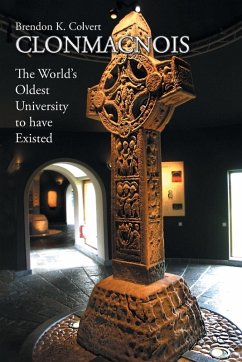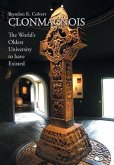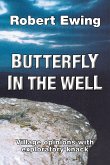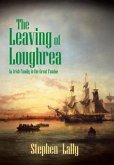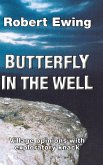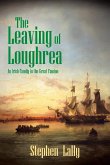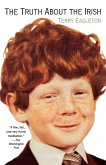Ireland is a small country on the western seaboard of Europe; despite its small population significant millions of people all over the world proudly assert that they are either Irish born or are direct descendants. Culturally the Irish are very sociable, intelligent, artistic and great achievers (Explorer?Shackleton; Science?Hamilton; Physics?Walton; Invention?Holland; Literature; Joyce, Shaw, Yeats, Heaney). Such enduring qualities predate those exponents above by thousands of years. Before the advent of Christianity in the 5th century the recounting of all tribal history, law, poetry and sagas was passed from generation to generation orally. The professions (poetry, medicine, law, history, building) were usually practiced along family lines; those who reached the highest degree were titled Ollamh (Professor) The Brehons (judges) and the Filí (poets)studied for years to memorise their lore; for example a poet studied for 12 years and could qualify only when he was able to recite, on command, any of 350 poems or to compose instantly a poem on a given subject. Poets received the highest honour in society next to the King. It is widely conceded that Ireland developed in poetry beautiful metres, alliteration, assonantal rhyme and consonantal harmony. The earliest commentaries show that ?honour? was held in highest esteem; the great Fenian, Gol Mac Morna said ? a man lives after his life, but not after his honour; St Patrick asked Caoilte Nac Ronán , nephew of Fionn Mac Cumhal, ?what contained you in your lives? ?Truth in our hearts, strength in our arms and fulfilment in our tongues? The establishment of Christianity in the 5th century brought literature, grammar, writing, and languages which were joyfully adopted by the learned class; very soon afterwards the country was covered with monasteries whose complete organisation seems to indicate that Druidic colleges transformed en-masse; foundations extending from St Colmcille?s Doire in the north to St Finbarr?s, Ballingeary in the south and from St Kevin?s in Glendalough in the east to St Enda?s in the Aran Islands. Hundreds of monastic foundations and the greatest of these was Clonmacnois in the midlands which at the height of its power had as many as 7,000 students who travelled from all over Europe and the British Isles. Here was taught Scriptures, Theology, Classics, Grammar, Geography, History, Hagiography, Law, Mathematics, Philosophy, Logic, Rhetoric, Music, Art, Sculpture, Metalwork, Art, Irish, Latin Greek and Hebrew. The acquisition of learning and languages coupled with a desire to evangelise offered great freedom to Irish monks who with a leader and 12 followers went on mission to far away locations, some say as far as Kiev. After the fall of the Roman Empire and the succeeding Dark Ages there was great demand for Irish teachers to open and staff schools throughout Europe; the most prolific period being the 6th to 12th century; their great work hastened the Renaissance.
Hinweis: Dieser Artikel kann nur an eine deutsche Lieferadresse ausgeliefert werden.
Hinweis: Dieser Artikel kann nur an eine deutsche Lieferadresse ausgeliefert werden.

